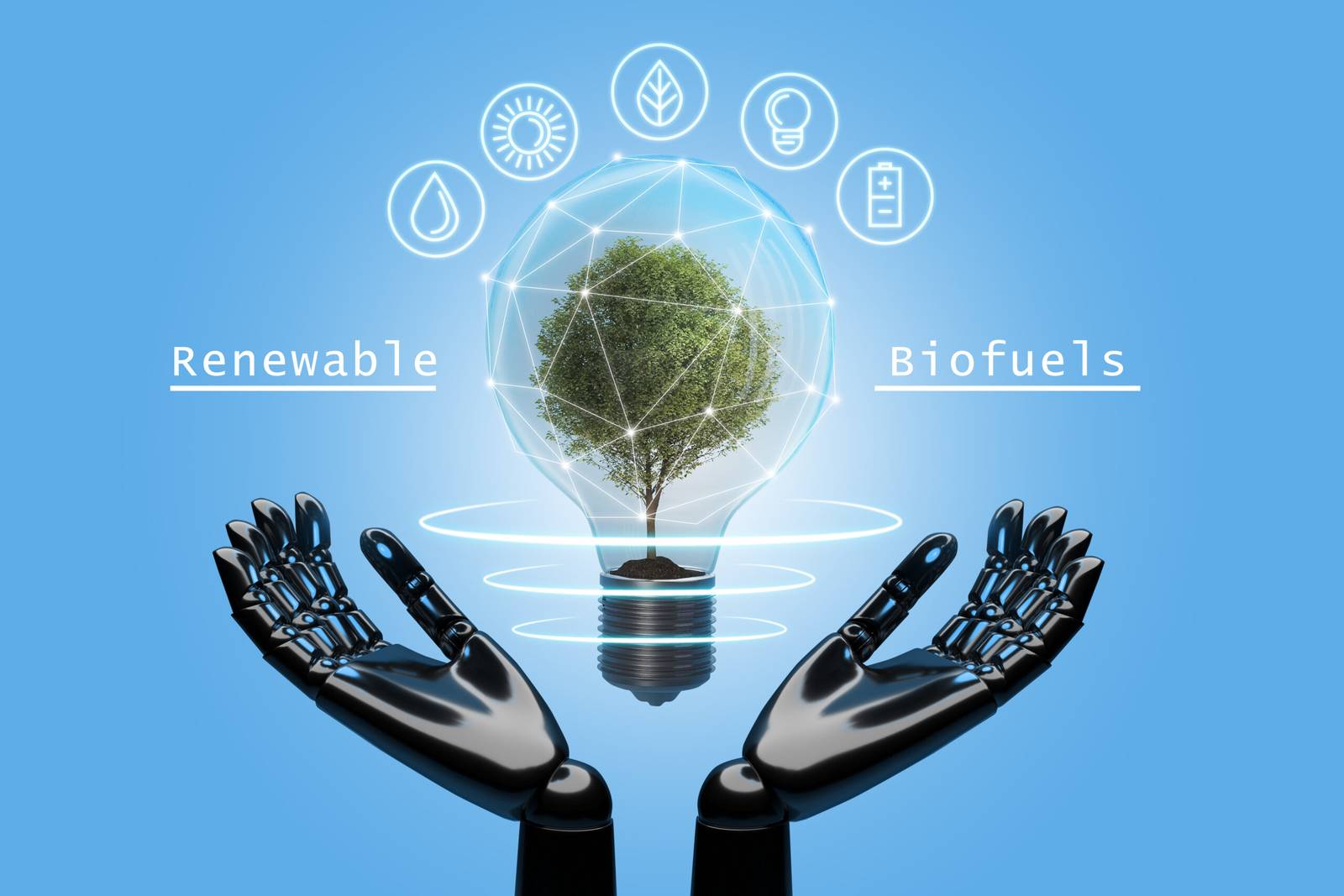Sustainability Tech: Green Innovations

by Web Digital
In a world confronted by pressing environmental challenges, technology has emerged as a powerful ally in the fight for sustainability. From renewable energy solutions to smart cities and eco-friendly transportation, technological innovations are playing a pivotal role in reshaping our relationship with the planet. This article delves into the intersection of technology and sustainability, exploring the groundbreaking green innovations that hold the promise of a more sustainable and environmentally responsible future.
1. Renewable Energy: Powering the Future Responsibly
One of the most significant contributions of technology to sustainability is the rapid advancement of renewable energy sources. Solar panels, wind turbines, and hydropower systems are revolutionizing the energy landscape. Solar panels, in particular, have become more efficient and cost-effective, making solar power an accessible and clean energy source for homes and businesses alike.
Wind turbines have also seen major improvements, with larger and more efficient designs harnessing wind energy to generate electricity. Similarly, hydropower continues to provide a substantial portion of the world’s electricity needs, with innovations in dam design and water turbine technology increasing its sustainability and efficiency.
2. Energy Storage Solutions: Balancing the Grid
One of the challenges associated with renewable energy is intermittency; the sun doesn’t always shine, and the wind doesn’t always blow. However, technology is addressing this challenge through energy storage solutions like advanced batteries. Lithium-ion batteries, in particular, are being used to store excess energy generated during peak times and release it when needed, thereby stabilizing the energy grid and reducing reliance on fossil fuels.
3. Smart Grids: Intelligent Energy Management
Smart grids are another technological innovation contributing to sustainability. These digital systems enable real-time monitoring and control of energy distribution, optimizing energy usage, reducing waste, and minimizing power outages. Through smart grids, energy can be directed to where it’s needed most efficiently, reducing energy loss and environmental impact.
4. Green Building Technologies: Sustainable Living Spaces
The construction industry is embracing green building technologies to reduce its environmental footprint. Sustainable building materials, such as recycled steel and bamboo, along with energy-efficient designs, are helping to create eco-friendly living and working spaces. Furthermore, innovations like green roofs and smart HVAC (heating, ventilation, and air conditioning) systems contribute to energy efficiency and reduce carbon emissions.
5. Smart Cities: Pioneering Urban Sustainability
Technology is transforming cities into smart and sustainable hubs. Smart cities use data and technology to enhance infrastructure, transportation, and public services while minimizing resource consumption and environmental impact. Initiatives like intelligent traffic management, efficient waste disposal, and renewable energy integration are making urban areas more livable and eco-friendly.
6. Clean Transportation: Reducing Emissions
The transportation sector plays a major role in emitting greenhouse gases. To address this, electric vehicles (EVs) are gaining prominence. Electric vehicles (EVs) run on electricity and produce no emissions from their tailpipes. Technological advancements are making EVs more affordable, with longer ranges and faster charging times. Additionally, autonomous electric vehicles hold the promise of reducing traffic congestion and emissions through optimized routing and ride-sharing.
7. Circular Economy: Reducing Waste
Technology is facilitating the transition from a linear economy (make, use, dispose) to a circular one. Circular economy principles focus on minimizing waste by reusing, recycling, and repurposing materials and products. Technological innovations in materials science, recycling processes, and supply chain management are helping industries adopt circular practices, reducing resource consumption and environmental impact.
8. AI and Machine Learning: Precision Sustainability
Artificial intelligence (AI) and machine learning (ML) are being applied to sustainability challenges with remarkable precision. These technologies can analyze vast amounts of data to optimize resource use, predict environmental trends, and improve the efficiency of various processes, from agriculture to energy production.
9. Blockchain for Sustainability: Transparent and Trustworthy
Blockchain technology is being utilized to enhance transparency and traceability in supply chains. This is especially relevant for products like food and clothing, where consumers are increasingly concerned about the environmental and ethical impact of their purchases. Blockchain can provide verifiable information about the sourcing, production, and transportation of goods, enabling consumers to make more sustainable choices.
10. Environmental Monitoring: Protecting Ecosystems*
Technology plays a vital role in monitoring the environment and supporting conservation efforts. Remote sensing technologies, such as satellites and drones, enable scientists to gather data about ecosystems, climate change, deforestation, and wildlife populations. This data informs conservation strategies and helps track the health of our planet.
Challenges and Ethical Considerations
While technology offers immense potential for sustainability, it also presents challenges and ethical considerations. E-waste, for example, is a growing concern as electronic devices become obsolete at an alarming rate. Responsible disposal and recycling of electronic waste are essential.
Privacy and data security also pose ethical dilemmas, especially in smart city and IoT (Internet of Things) applications. Balancing the benefits of data-driven sustainability with individual privacy rights is a complex issue.
Additionally, not all technological solutions are equally accessible, which can exacerbate inequalities. Ensuring that the benefits of green innovations are accessible to all is a fundamental ethical consideration.
Conclusion: A Sustainable Tech-Driven Future
Technology is undeniably reshaping our path toward a more sustainable future. From renewable energy to smart cities and circular economies, the marriage of technology and sustainability holds great promise. However, it is imperative that these innovations are developed and implemented responsibly, with careful consideration of their environmental and social impacts. By harnessing the power of technology for the greater good, we can pave the way for a greener, more sustainable world that future generations can inherit with pride.
Recommended Posts

Exploring the Transformative Influence of Technology in Sports
December 5, 2023

Tech Innovations in Renewable Energy Storage
December 4, 2023

Tech in Entertainment: VR Experiences and Immersive Content
December 2, 2023
